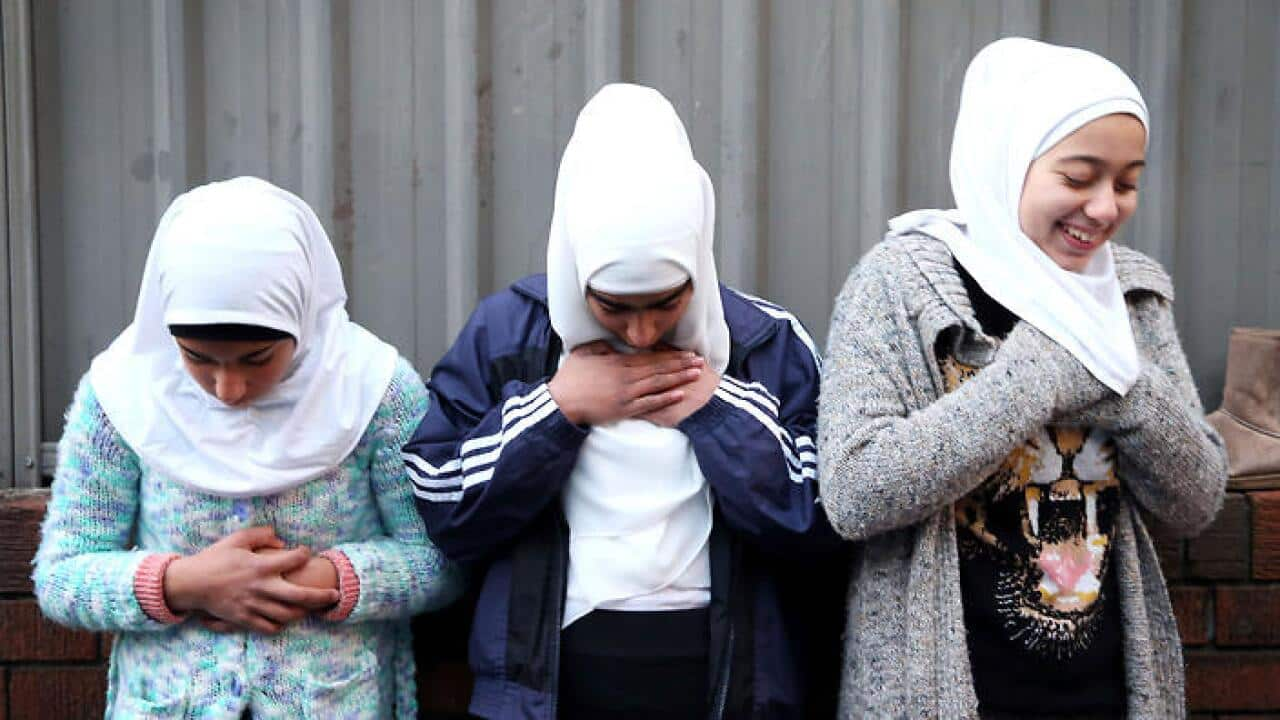Muslims around the world are currently fasting from sunrise to sunset for the holy month of Ramadan.
And just as the sun dips below the horizon, many Muslims choose to break this fast by eating dates.
It's the food of choice from to the .
Burak Alpay of the Affinity Intercultural Foundation told SBS News that breaking the fast with dates "is a tradition that Muslims around the world follow".
Mr Alpay said that it had connections to Islamic scripture.
"The Prophet Muhammad used to break his fast with dates and if there were no dates he would break his fast with a few sips of water," he said.
Dates are the sweet fruit from the date palm tree. They originated in the Middle East, with the tree becoming a symbol of hospitality and peace.
"[And] since dates are high in sugar, they are also good to consume after a day of fasting to restore low blood sugar levels," Mr Alpay said. It's a point that's echoed by food giant Nestle.
It's a point that's echoed by food giant Nestle.

Muslim girls snack on dates. Source: Digital Vision
"Eating 2-3 dates ... Provides the body with sugar, helping restore low blood sugar after fasting all day," according to a Ramadan article on the Nestlé Middle East website.
"One of the most common reasons for headaches or dizziness during Ramadan is low blood sugar, which is why eating dates is very beneficial at the start of Iftar (or meal to break the fast)."
Ramadan falls on the ninth month of the Muslim lunar calendar (16 May to 15 June in 2018) and lasts 29 or 30 days, based on visual sightings of the crescent moon.
During this time, many Muslims abstain from eating, drinking, smoking and sex during daylight hours to build self-discipline and compassion for those less fortunate.
In doing so Muslims complete one of the five pillars of Islam, the obligations the religion says one must satisfy to live a responsible life.
A number of people are exempt from fasting including children, pregnant or breastfeeding women, the elderly and those who are ill.
Ramadan culminates in Eid al-Fitr (15 June in 2018), which typically involves prayers, the wearing of fine clothes, gift-giving and eating - lots and lots of eating.










